De Blasio to spend $384M renovating old city-owned office buildings
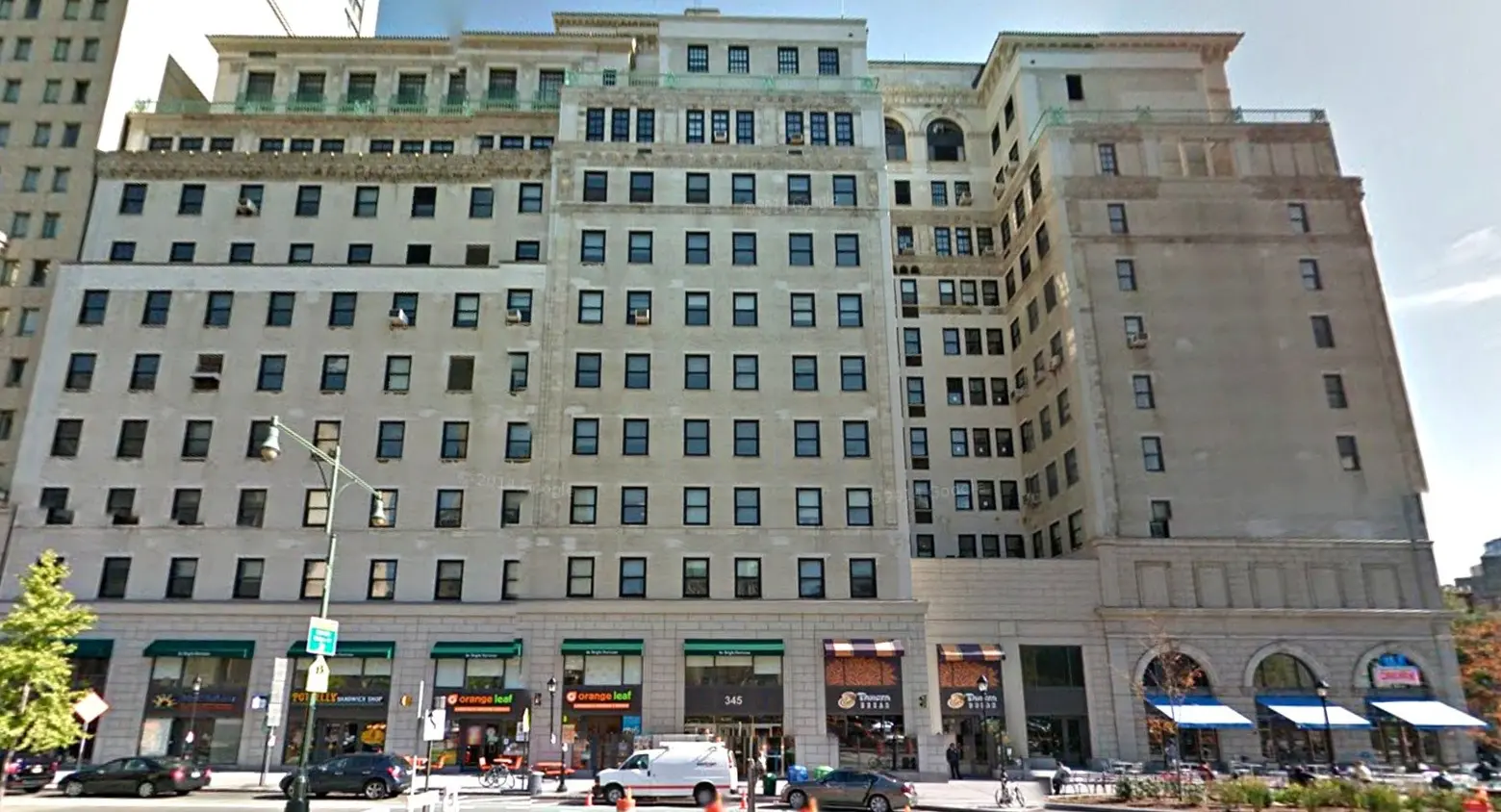
Downtown Brooklyn’s 345 Adams Street
Despite “a backdrop of uncertainty,” as he put it, Mayor de Blasio yesterday unveiled an $89.4 billion, 10-year capital plan that includes school construction, public housing repairs, paving roads, and a new NYPD training center. It also sets aside $384.2 million to renovate and rehabilitate aging, city-owned buildings. Commercial Observer tells us that the bulk of this allotment, $94.5 million, would go towards 345 Adams Street in Downtown Brooklyn. The 1920s office building is home to the Department of Finance, Department of Probation, Board of Elections, and Administration for Children’s Services. Others on the list are the Brooklyn Municipal Building ($39.1 million), 253 Broadway in lower Manhattan ($18.5 million), and the Manhattan Municipal Building ($16.7 million).
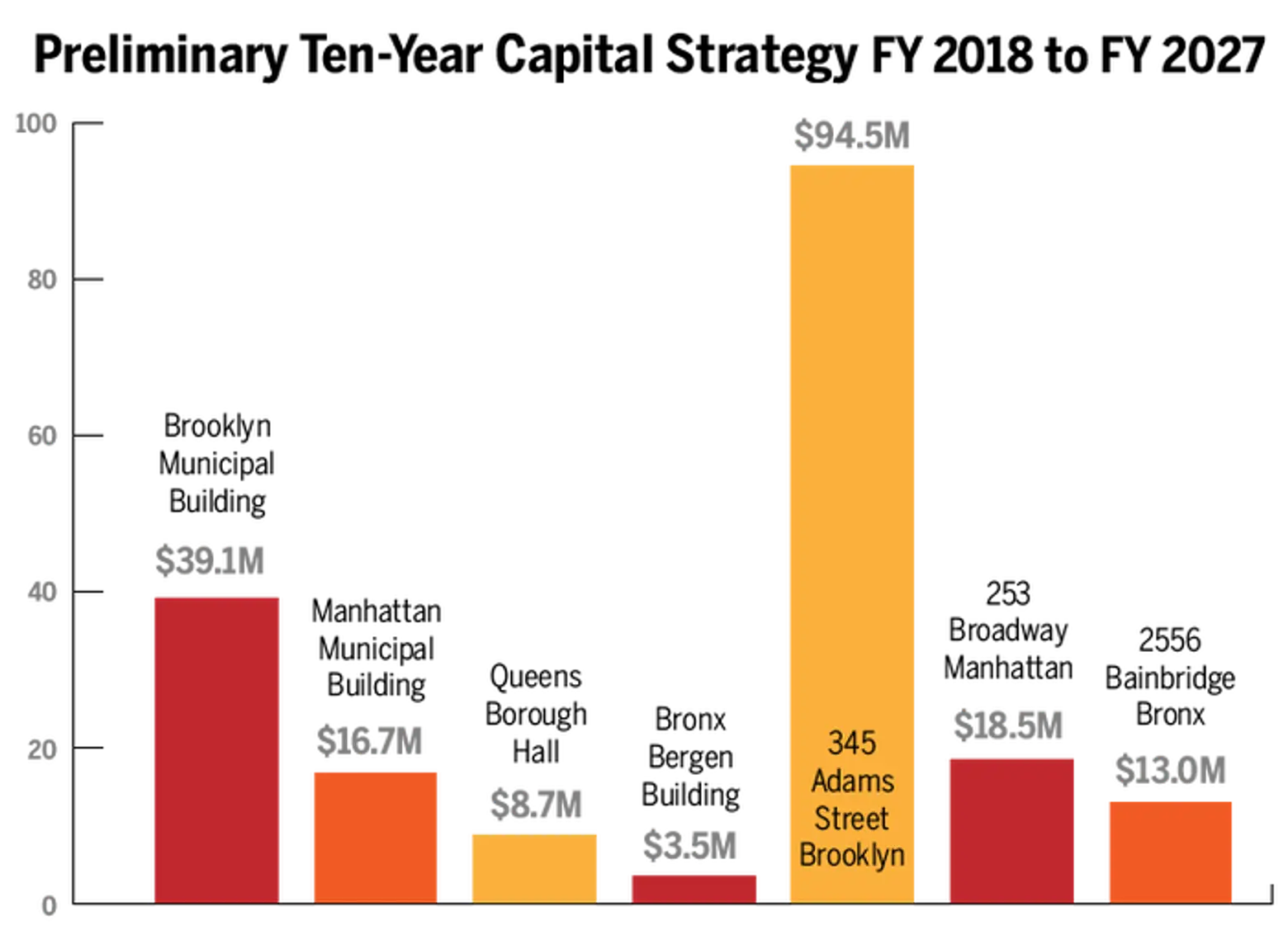
Chart via Commercial Observer
The renovation work includes upgrading mechanical, plumbing, electrical, and heating/cooling systems. There are also more specific projects, like construction of a new computerized testing and application center at 2556 Bainbridge Avenue in the Bronx. In addition to this $384.2 million, the city plans to invest $230.8 million in buildings that house city agencies but are not owned by the city. The bulk of this will be set aside for an $85 million expansion of the Office of Emergency Management at 165 Cadman Plaza, also in Downtown Brooklyn.
The capital budget would begin on July 1st of this year and run until June 30, 2027.
[Via CO]
Interested in similar content?
Leave a reply
Your email address will not be published.
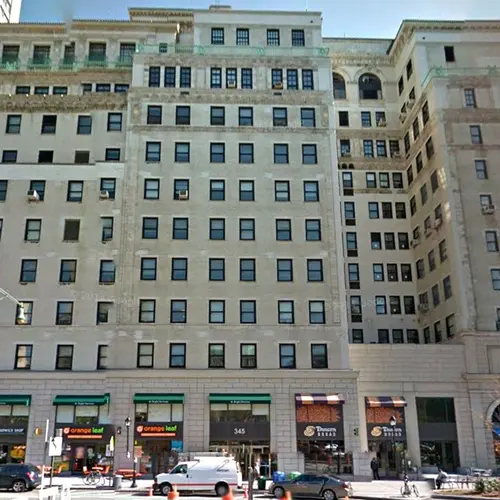
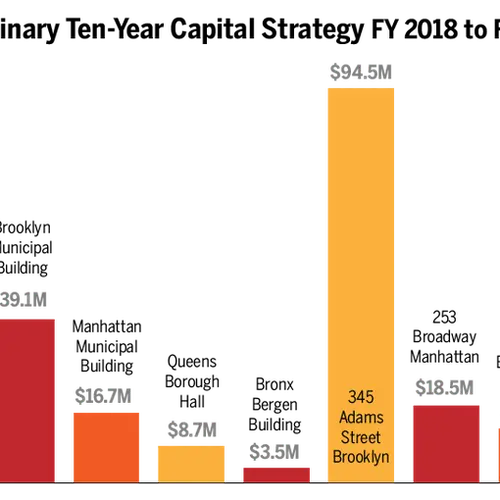
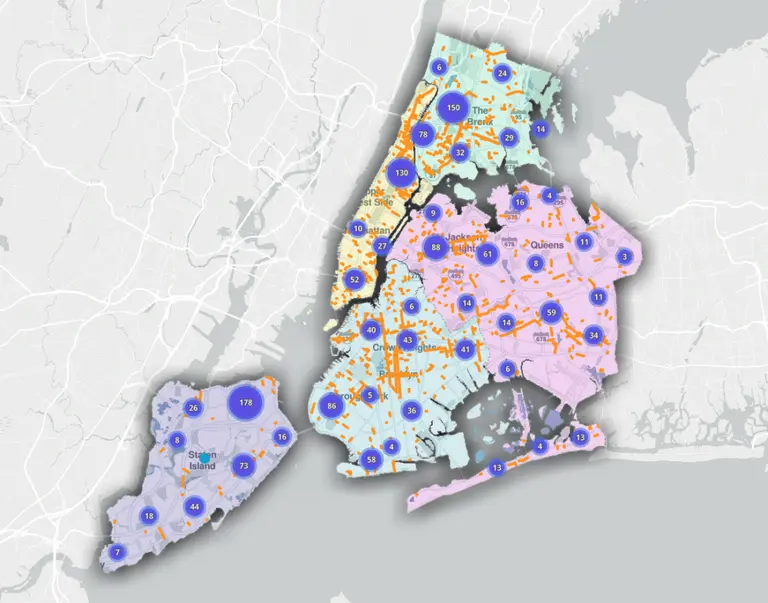
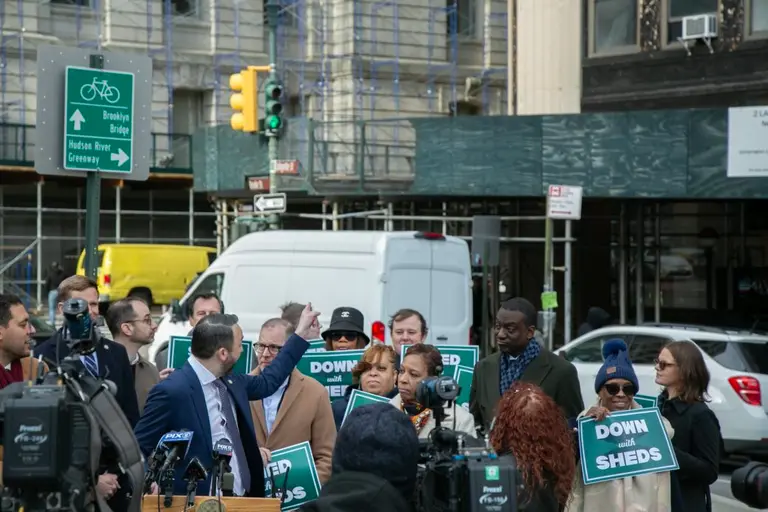


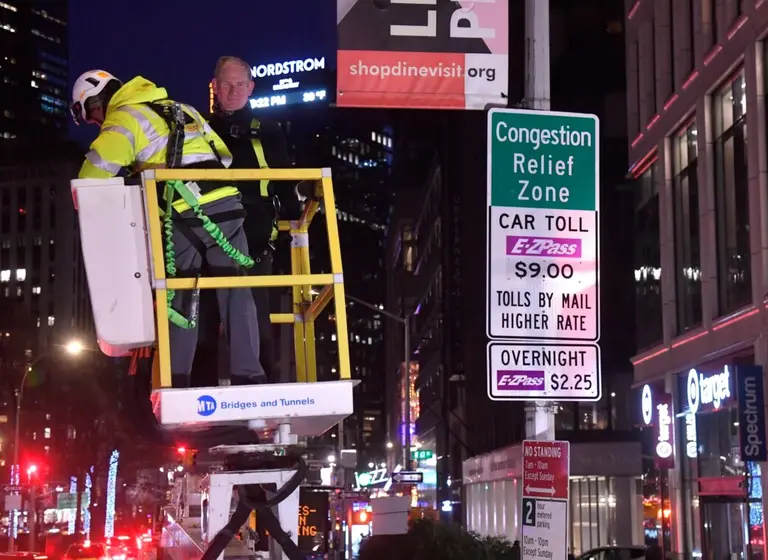
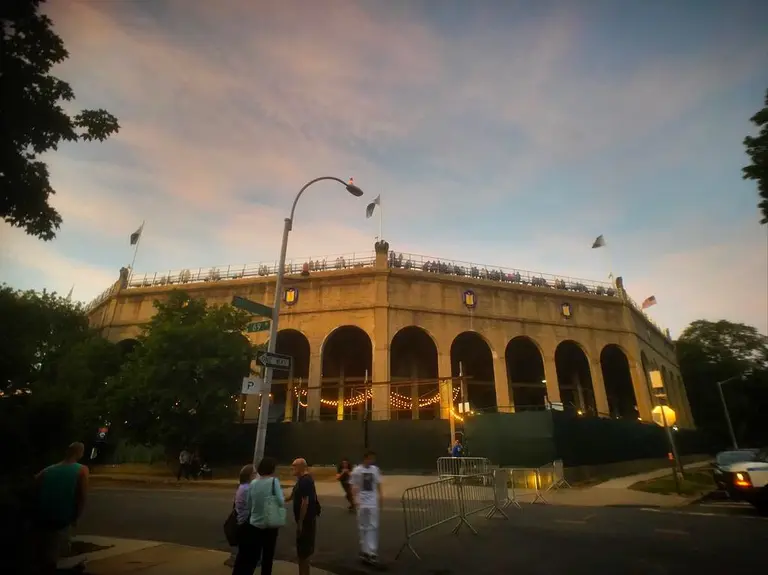























1) It states that the Mayor intends to spend $85 million of the $230.8 million on an expansion of the New York City Office of Emergency Management “digs” at 165 Cadman Plaza East in Downtown Brooklyn.
However,
why is the City spending taxpayer money on office space in which it is
the lessee? How long does the lease run? If the landlord is unwilling to
spend its money to improve its own building, why should the City spend
taxpayer money on it, in addition to paying the rent?
2) The City
intends to spend $384 million just to renovate buildings. Has the City
considered how much each building would sell for, in relation to how
much it intends to pay just to renovate the building?
David Weinkrantz
dweinkrant@gmail.com